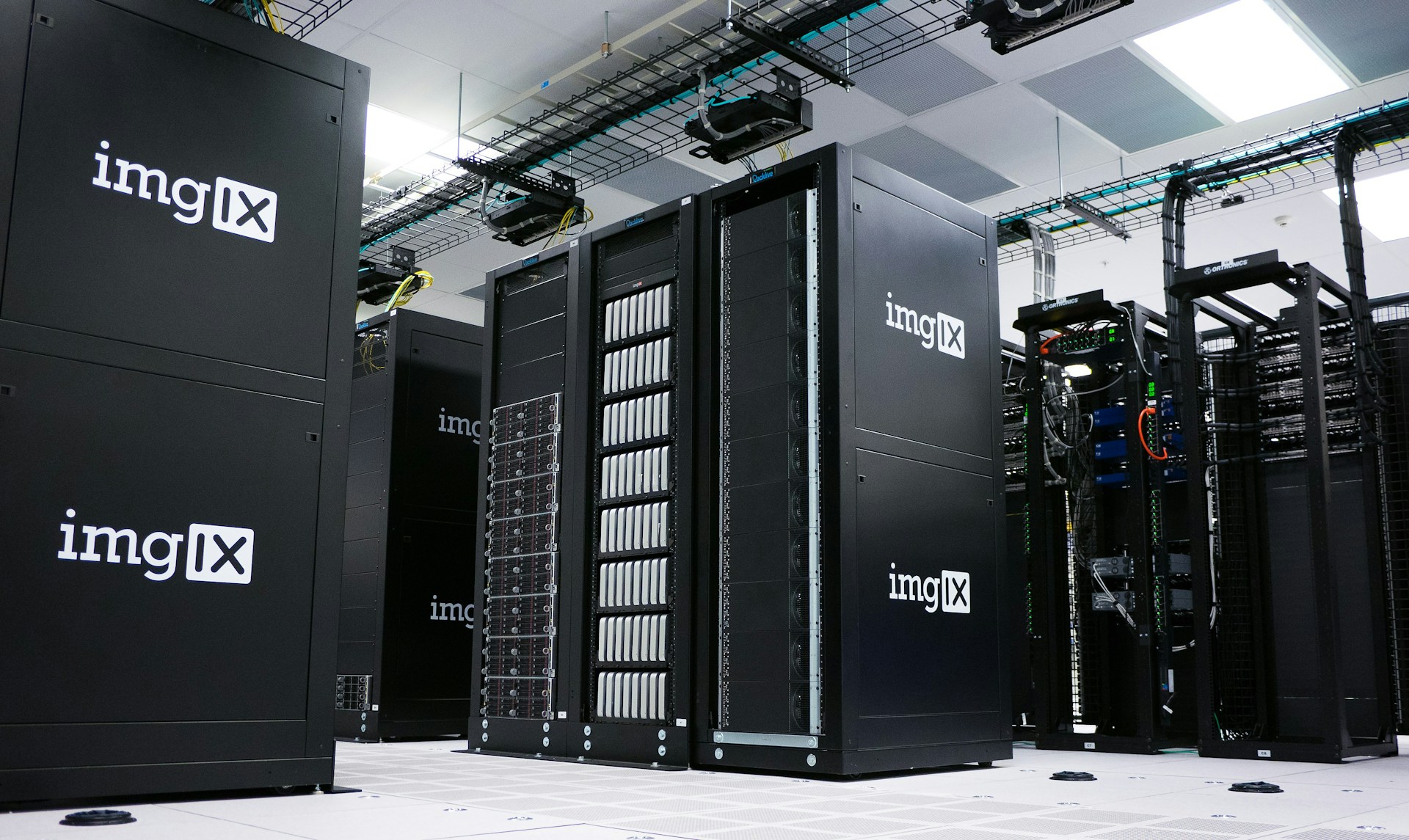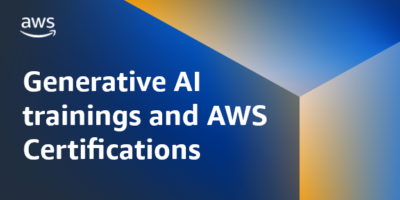What is AWS?
Amazon Web Services, or AWS, is a cloud computing platform offered by Amazon. AWS provides a variety of services like computing power, storage options, and networking capabilities. These services cater to individuals, companies, and governments.
Origins and Evolution

AWS began in the early 2000s. Originally, Amazon developed it to support its online retail operations. It launched to the public in 2006. Over the years, it has expanded to become a dominant player in the cloud computing market. AWS offers more than 200 fully featured services.
Core Concepts
Understanding AWS starts with some key concepts:
- Scalability: AWS allows users to scale services up or down based on demand. This flexibility can reduce costs.
- Pay-as-you-go: Users pay only for what they use. There are no long-term contracts or upfront commitments.
- Global Network: AWS has data centers across the globe. They call these data centers Availability Zones or AZs. This network provides redundancy and high availability.
Main Services Offered
AWS provides a broad array of services. Below are some of the primary categories:
Compute
Amazon Elastic Compute Cloud (EC2) is the flagship service in this category. EC2 provides resizable virtual servers, called instances. Users can choose from a variety of instance types based on their needs. AWS Lambda is another compute service. It allows users to run code without provisioning servers. This is known as serverless computing. Lambda charges users only for the compute time consumed.
Storage
Amazon Simple Storage Service (S3) is a scalable object storage service. It is designed for large-scale data storage and retrieval. Users can store files and access them from anywhere. Amazon Elastic Block Store (EBS) is another storage service. It provides persistent block storage for EC2 instances. This means the data persists even if the instance stops running.
Networking
Amazon Virtual Private Cloud (VPC) enables users to create isolated networks within the AWS cloud. Within a VPC, users can control aspects like IP address ranges and route tables. AWS Direct Connect allows users to establish dedicated network connections to AWS. This can increase bandwidth throughput and provide more consistent network experiences.
Database
Amazon RDS provides managed relational database services. It supports various engines, including MySQL, PostgreSQL, and Oracle. Amazon DynamoDB is a managed NoSQL database service. It offers fast and predictable performance for applications that need to handle massive amounts of data.
AI and Machine Learning
Amazon SageMaker is a comprehensive machine learning service. It helps developers build, train, and deploy machine learning models. AWS also offers specialized AI services like Amazon Rekognition for image and video analysis and Amazon Comprehend for natural language processing.
Security and Compliance
AWS places a strong emphasis on security. It offers numerous tools and features to protect data. AWS Identity and Access Management (IAM) enables users to control access to resources. AWS Key Management Service (KMS) helps encrypt sensitive data. The platform complies with various international standards and regulations. This includes GDPR, HIPAA, and SOC.
Global Infrastructure
AWS operates in multiple geographic regions, called Regions. Each Region has multiple Availability Zones. This structure helps provide low latency and high availability to users worldwide. AWS continually expands its global infrastructure to remain a leader in cloud services.
Pricing Model
The AWS pricing model is based on a pay-as-you-go system. Users are charged for the specific resources they consume. Reserved Instances offer additional savings for users who commit to certain usage plans. AWS also provides a Free Tier. This tier lets users explore many AWS services at no cost up to certain limits.
Use Cases
AWS is used by a wide range of customers for many different purposes:
- Startups: Many startups use AWS for its flexibility and low initial costs.
- Enterprises: Large corporations leverage AWS for its scalability and extensive service offering.
- Government Agencies: Governments rely on AWS for secure and compliant infrastructure.
- Developers: Developers use AWS for its tools and resources that simplify application development.
Learning Resources
AWS offers a wealth of resources for learning and certification. AWS Training and Certification programs help individuals gain expertise. AWS re:Invent is an annual conference that showcases the latest innovations. The AWS documentation provides detailed guides and tutorials. Many third-party platforms also offer comprehensive courses.


